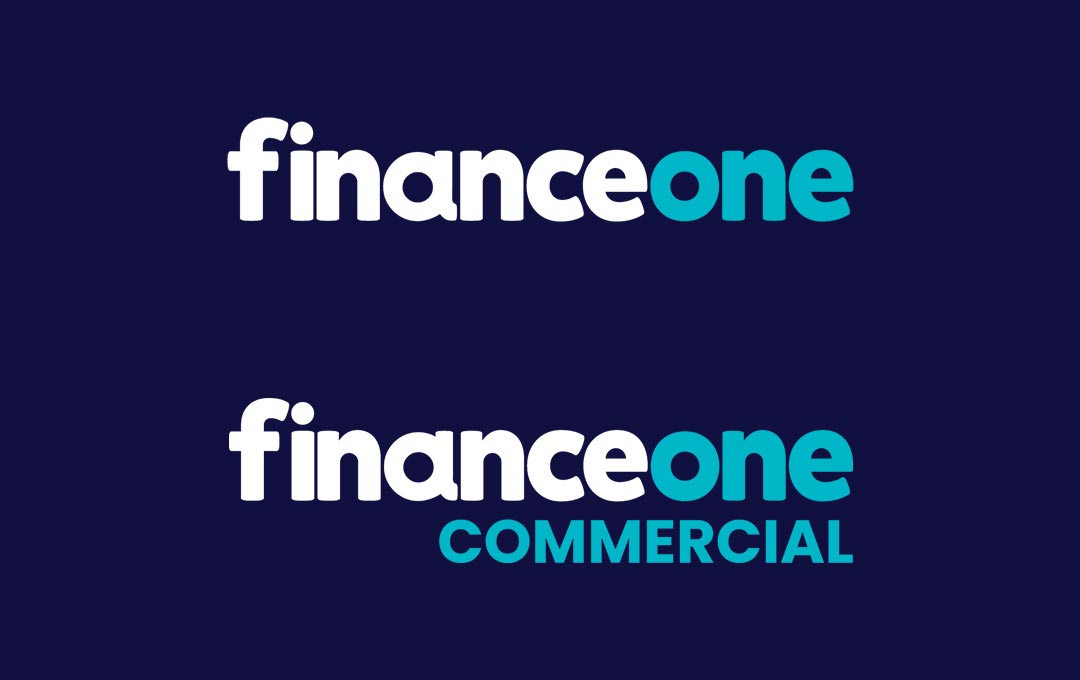If you’re in the process of obtaining or have vehicle finance, it’s important that you understand the terms that are laid out in front of you. There are contracts, loan agreements, and forms to be signed, but the big kicker is that they all contain confusing financial terminology that the average person wouldn’t be aware of. It’s hard enough wrapping your head around whether you want a manual or automatic or if you are after a used or new car let alone all the paperwork that comes along with it. As daunting as it may be, you do need to learn or else you could end up with a lemon of a car or a less than ideal vehicle loan. Here are some common terms explained to help you out…
Interest rate
An interest rate is the amount charged, expressed as a percentage of principal, by a lender to a borrower for the use of assets. In the case of vehicle finance, you will borrow funds from a lender and pay a percent of interest on the principal borrowed, typically calculated on a per annum basis (but can also be charged monthly, weekly, or daily depending on the lender’s policy). However, vehicle finance from a lender usually comes with additional fees, so the amount repaid doesn’t start and stop with the principal and interest. When all these figures are lumped together, this is called a comparison rate so you are able to identify the true cost of a potential loan.
Loan Term
A loan term is the negotiated period of time where a loan agreement is in force. Prior to the end or at the conclusion of the loan, it should either be repaid in full or renegotiated for another term. If there is still a balance due at the end of the loan term, you as a borrower may incur fees and continue to have interest charged on the balance until it is fully paid. The repayments are scheduled in coordination with the loan term. By sticking to the repayment schedule, the balance should be zero at the end of the loan term.
Repayment
A repayment is to physically pay funds back for a loan. This is usually a set amount determined by your lender in accordance with your loan term. Should your repayments be fortnightly, your lender will calculate the amount to be repaid over the loan term and divide into fortnightly instalments. Should you fall behind on your repayments, you will be required to catch them up to ensure you stay within your loan term and avoid paying additional fees.
Default
A default is classified as a failure to fulfil an obligation. In the case of vehicle finance, your loan repayments are an obligation that must be fulfilled in accordance with your repayment schedule. If a borrower has missed multiple payments and is not showing signs of bringing their account into order, they are in default. Depending on your lender, you can be in default if you miss a certain number of repayments consecutively.
Security/collateral
Security with regards to vehicle finance means that something must be pledged for repayment of the loan, which would be forfeited in the event of default. A secured vehicle loan would mean that the vehicle is set as collateral should you be unable to repay. The same goes for a house mortgage where the home would be the loan security. This is done as a way of providing some form of repayment to the lender should it not be repaid.
Insurance
Insurance is an arrangement where a company will provide a guarantee of compensation for specified loss or damage in return for payment of a specified premium. For a vehicle to be roadworthy, it is required by Australian law that it is insured at a minimum with Compulsory Third Party insurance. When taking out a vehicle loan, you would usually pay multiple insurances on the vehicle as protection. This could include Comprehensive insurance for any damage to yours or another’s car and Gap insurance which covers the remainder of your loan should there be total loss of the vehicle.
Credit report
A credit report details an individual’s credit history and whether they responsibly repay debts. It details your history from a number of sources such as banks, credit card companies, collection agencies, and governments. It is a reference point for when a lender is reviewing your credit history as to whether or not you are appropriate for a loan.
Closing balance
The closing balance is the amount owing on a vehicle loan when requested. As interest is usually calculated on a daily basis, the closing balance can be calculated for a requested date. Therefore, meaning the amount stated is the required payment for the loan to be closed by that date. Closing balances are helpful if you want to keep up-to-date with how much you still owe on a loan and can budget for an early repayment should your lender permit.
Maturity date
The maturity date is the final payment date of a loan as set out in your repayment schedule. Should your loan term be 3 years starting on the 1st of June 2017, then the maturity date would be 1st June 2020. Should you not comply with the repayment schedule, you could exceed your maturity date meaning that you would need to negotiate an extension with your lender. If you do not complete your repayments within the specified time, it is likely that you will be charged additional fees and interest.
Arrears
Arrears is an overdue debt, liability, or obligation. Missing one or more repayments would mean that your account falls “into arrears”. It is imperative that this is caught up or your lender may charge additional fees and interest. The arrears amount is usually the missed repayment/s added together.
It is important as a responsible borrower, that you understand these terms to contribute to a stress-free vehicle loan. Now that you’ve studied up and know these essentials, you are in safer hands when it comes to finance. Make sure that you are aware of the contract you are signing and ask for an explanation from your financier should you be confused or unsure about anything with regards to the loan.
The information contained in this blog is accurate only at the date of publication.




